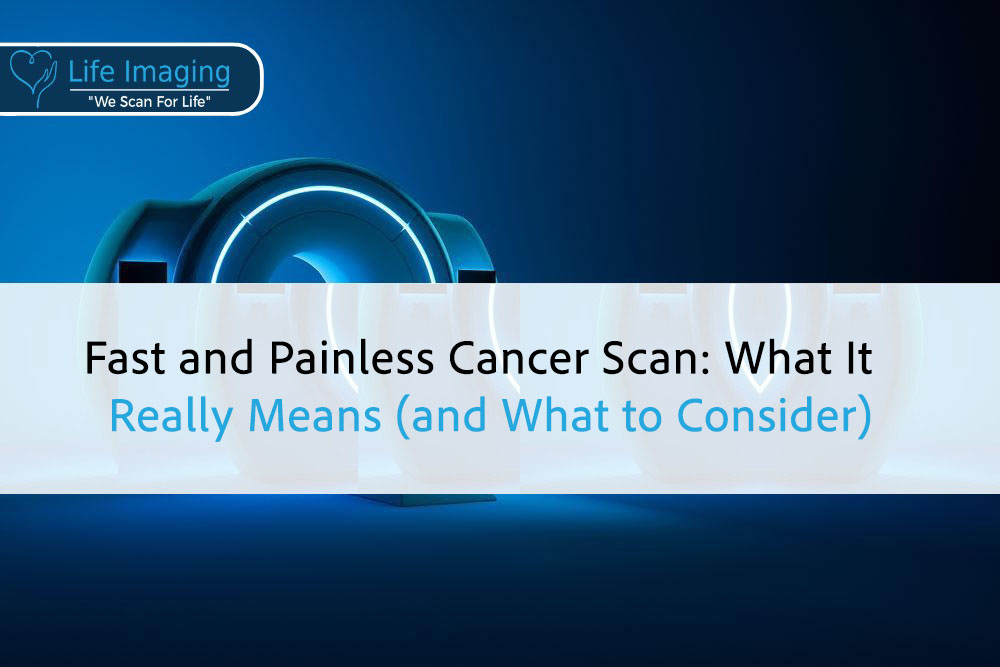
Fast and Painless Cancer Scan: What It Really Means (and What to Consider)
Fast and Painless Cancer Scan: What It Really Means (and

As temperatures soar, the risk of heart disease becomes a critical concern. Heat exerts additional stress on the cardiovascular system, potentially exacerbating existing heart conditions and even triggering new issues. Understanding the heightened risks associated with hot weather is essential for those vulnerable to heart disease. Early detection through comprehensive screening can make the difference between life and a severe cardiac event.
Life Imaging Fla specializes in using advanced imaging technologies for the early detection of heart disease and cancer. Their state-of-the-art facilities and experienced team are dedicated to identifying potential heart problems before they escalate into serious health issues. Regular screening plays a crucial role in maintaining heart health, especially during periods of intense heat.
In this article, we will explore the relationship between high temperatures and heart disease, highlighting the importance of cardiovascular screening in hot climates. We’ll delve into how heat stress affects the heart, the symptoms to watch for, and the benefits of early detection. We’ll also discuss how Life Imaging Fla’s cutting-edge imaging techniques can identify heart disease early, enabling timely intervention and preventive measures.

Understanding the importance of heart disease screening in hot weather can protect your heart and potentially save your life. Regular screenings provide invaluable insights into your cardiovascular health, allowing you to manage and mitigate risks effectively. Join us as we uncover the critical link between heat, heart disease, and the importance of proactive screening.
How Heat Affects the Heart
Hot weather causes your body to work harder to stay cool. When it’s hot, your heart pumps more blood to the skin to release heat through sweat. This process raises your heart rate and blood pressure, which can strain the heart, especially if underlying heart conditions are present.
Heat leads to sweating, and excessive sweating without replacing fluids can cause dehydration. Dehydration thickens the blood, making the heart work harder to pump it through your body. It can also disrupt the balance of essential minerals like potassium and sodium, which are crucial for heart function.
The added strain of heat can trigger heart attacks. Studies show that the risk of heart attack increases during heatwaves. The extra effort to maintain a normal body temperature can overstress your heart, increasing the chance of a cardiac event, particularly in individuals with preexisting heart conditions.
Symptoms of Heat-Related Heart Problems
Understanding the signs of heat-related heart problems can help you take action quickly. Key symptoms include:
– Increased Heart Rate: A faster heartbeat can signal stress on the heart.
– Shortness of Breath: Difficulty breathing can indicate that the heart is struggling to supply enough oxygen.
– Chest Pain or Tightness: These symptoms may point to a heart attack.
– Dizziness or Fainting: Feelings of lightheadedness or loss of consciousness can occur due to dehydration or changes in blood pressure.
– Excessive Sweating: While sweating is normal in heat, excessive sweating without exertion can signify heart strain.
If you experience any of these symptoms, seek medical attention immediately. Early intervention can prevent serious complications.
The Importance of Regular Heart Disease Screening
Screening is vital for early detection of heart disease, particularly in hot weather. Identifying heart issues early allows for timely intervention and management, reducing the risk of severe cardiac events.
Certain groups are at higher risk for developing heart disease, including:
– Older Adults: Age increases the risk of heart disease.
– Individuals with Preexisting Conditions: People with high blood pressure, diabetes, or high cholesterol are more susceptible.
– Overweight Individuals: Excess weight strains the heart and blood vessels.
– Smokers: Smoking damages the heart and blood vessels, increasing the risk of heart disease.
– Family History: A family history of heart disease can raise your risk.
Various screenings can help detect heart disease early. Common methods include:
– Electrocardiogram (ECG or EKG): Measures electrical activity of the heart to identify irregularities.
– Echocardiogram: Uses ultrasound to create images of the heart, showing its structure and function.
– Stress Test: Assesses how well the heart works during physical activity.
– CT Scan: Provides detailed images of the heart and blood vessels.
– Blood Tests: Measure levels of cholesterol, triglycerides, and other markers to assess heart disease risk.
How Life Imaging Fla Can Help
Life Imaging Fla uses state-of-the-art imaging technology to screen for heart disease. Their advanced tools provide detailed and accurate images, helping to identify heart issues before they become severe.
Life Imaging Fla offers comprehensive screening programs tailored to individual risk factors and health needs. Their experienced team ensures that each patient receives a thorough evaluation and personalized care plan.
Education and support are essential components of heart disease prevention. Life Imaging Fla provides patients with resources and guidance on maintaining heart health, especially during hot weather. This includes tips on staying hydrated, recognizing early symptoms, and managing existing conditions effectively.
Practical Tips for Protecting Your Heart in Hot Weather
Drinking plenty of water is crucial in hot weather. Aim for at least eight glasses a day, and more if you’re physically active. Avoid drinks with caffeine or alcohol, as they can increase dehydration.
Lightweight, loose-fitting clothes help your body stay cool. Choose light-colored fabrics that reflect the sun and allow air circulation. Wearing a hat can also provide additional protection from the sun.
Avoid intense physical activities during the hottest parts of the day, usually between 10 a.m. and 4 p.m. If you need to exercise, opt for early morning or late evening when temperatures are cooler.
Keeping cool indoors can reduce your heart’s workload. Use fans or air conditioning to maintain a comfortable temperature. If air conditioning isn’t available, consider spending time in public places like shopping malls or libraries.
Pay attention to weather forecasts and heat advisories. Knowing when a heatwave is expected can help you plan your activities accordingly and take extra precautions to stay cool.
Diet and Nutrition: Keeping Your Heart Healthy
Eating the right foods is key to keeping your heart healthy, especially in hot weather. A balanced diet helps manage your weight, blood pressure, and cholesterol levels.
Certain foods are particularly good for your heart:
– Fruits and Vegetables: Packed with vitamins, minerals, and fiber, fruits and vegetables are low in calories and rich in antioxidants that protect the heart.
– Whole Grains: Foods like oatmeal, brown rice, and whole-wheat bread contain fiber, which reduces cholesterol and helps maintain a healthy weight.
– Lean Proteins: Choose fish, poultry, beans, and legumes. Fish rich in omega-3 fatty acids, like salmon, can reduce inflammation and lower the risk of heart disease.
– Healthy Fats: Use olive oil or avocado oil instead of butter or other saturated fats. Nuts and seeds also provide healthy fats that are beneficial to the heart.
Certain foods can increase your risk of heart disease:
– Processed Foods: Often high in salt, sugar, and unhealthy fats, processed foods can raise blood pressure and cholesterol.
– Sugary Drinks: These can lead to weight gain and increased risk of diabetes, which are risk factors for heart disease.
– Excess Salt: High salt intake can raise blood pressure, stressing the heart.
Lifestyle Changes to Lower Risk
Physical activity helps maintain a healthy weight, lowers blood pressure, and strengthens the heart. Aim for at least 30 minutes of moderate exercise, like walking or cycling, most days.
Smoking damages blood vessels raises blood pressure, and reduces the amount of oxygen that reaches the heart. Quitting smoking greatly reduces your risk of heart disease and improves overall health.
High alcohol consumption can raise blood pressure and contribute to heart disease. If you drink alcohol, do so in moderation. The general recommendation is up to one drink per day for women and up to two drinks per day for men.
Chronic stress can negatively affect heart health. Techniques such as meditation, deep breathing exercises, yoga, and hobbies can help manage stress levels. Regular physical activity also reduces stress.
Monitoring Heart Health
Routine check-ups with your healthcare provider are vital for monitoring heart health. Regular visits help track blood pressure, cholesterol levels, and other heart disease indicators.
Keeping track of your own health can alert you to changes that may need medical attention:
– Blood Pressure Monitors: Home monitors help keep track of blood pressure, giving insight into your daily heart health.
– Fitness Trackers: Many wearable devices track physical activity, heart rate, and sleep patterns, helping you maintain healthy habits.
Recognizing Warning Signs
Pay attention to symptoms that might indicate heart problems, especially during heatwaves:
– Persistent Fatigue: Constant tiredness can signal heart disease.
– Swelling in Legs or Ankles: Fluid build-up in these areas can indicate heart failure.
– Palpitations: Irregular or rapid heartbeats need medical evaluation.
– Nausea or Vomiting: Symptoms like these, along with indigestion, may be mistaken for less severe issues but can indicate a serious problem.
Some symptoms require urgent medical attention:
– Chest Pain: Sudden or severe chest pain can signal a heart attack.
– Sudden Shortness of Breath: Difficulty breathing without a clear cause can be a sign of a serious heart problem.
– Loss of Consciousness: Fainting or dizziness needs immediate medical evaluation.
Benefits of Early Detection
Regular heart disease screenings catch issues early, allowing for lifestyle changes and treatments that prevent further complications. Early detection helps:
– Lower Cholesterol Medication: Statins and other medications can reduce cholesterol levels, preventing blockages in arteries.
– Blood Pressure Management: Medications and lifestyle changes help keep blood pressure within healthy ranges.
– Diabetes Management: Controlling blood sugar levels reduces heart disease risk for people with diabetes.
Treating heart disease in its early stages leads to better long-term outcomes. Early interventions can:
– Reduce Heart Attack Risk: Identifying and managing risk factors like high cholesterol and hypertension reduces the chance of a heart attack.
– Avoid Surgery: Early treatment with medication and lifestyle changes can sometimes prevent the need for surgical interventions like angioplasty or bypass surgery.
– Enhance Quality of Life: Managing heart disease early enables individuals to maintain their daily activities and overall well-being.
How to Prepare for a Screening
Heart disease screenings often involve a few routine tests, including blood tests, blood pressure measurements, and imaging tests. Knowing what to expect can help you prepare:
– Blood Tests: These measure cholesterol, blood sugar, and other markers of heart health.
– Blood Pressure Measurement: This quick test helps detect hypertension.
– Imaging Tests: Tests like EKGs or CT scans provide detailed heart images to detect issues early.
Pre-Screening Tips
Before your screening:
– Fast if Required: Some blood tests require fasting. Follow instructions about any dietary restrictions before your appointment.
– Provide Medical History: Share your medical history, including any medications you take and family history of heart disease.
– Wear Comfortable Clothing: Clothing that allows easy access to your arm for blood pressure checks and blood draws is recommended.
After your screening, discuss the results with your healthcare provider to understand your heart health status and any steps needed to reduce your risk of heart disease. Regular follow-ups ensure that any changes in your health are monitored and managed effectively.
Impact of Medication on Heart Health in Heat
Taking prescribed medications regularly helps manage heart disease effectively. Medicines like beta-blockers, ACE inhibitors, and statins control blood pressure, heart rate, and cholesterol levels. Consistent medication use is essential for protecting heart health, especially in hot weather when the heart works harder.
Some medications can affect how your body responds to heat. Diuretics, for example, increase urination and can lead to dehydration, making heat more dangerous for the heart. Beta-blockers slow the heart rate, which can prevent your body from cooling efficiently. Discuss any concerns with your healthcare provider, especially if you notice unusual symptoms in hot weather.
Store medications correctly to ensure they remain effective. Excessive heat can damage some medicines. Keep them in a cool, dry place, and follow the storage instructions on the label. Do not leave medications in a hot car or in direct sunlight.
The Role of Hydration
Proper hydration is vital for heart health, especially in hot weather. Water helps regulate body temperature and maintains blood volume, allowing the heart to pump efficiently. Adults should aim to drink eight glasses of water daily, more if they’re active or exposed to higher temperatures.
Dehydration can sneak up on you, particularly in high heat. Signs of dehydration include:
– Dry Mouth and Thirst: Early signs that your body needs more fluids.
– Dark Yellow Urine: Indicates concentrated urine, suggesting dehydration.
– Weakness or Fatigue: Lack of fluids can make you feel tired or sluggish.
– Dizziness or Confusion: Severe dehydration can affect brain function.
Besides drinking water, you can stay hydrated by:
– Eating Water-Rich Foods: Fruits like watermelon, oranges, and strawberries are excellent choices.
– Avoiding Diuretics: Limit caffeinated and alcoholic beverages, which can increase fluid loss.
– Using Electrolyte Solutions: Sports drinks or oral rehydration solutions help balance electrolytes, especially if you’ve been sweating a lot.
Impact of Climate Change on Heart Health
Climate change is causing more frequent and intense heat waves, which can increase the risk of heart disease. Warmer temperatures put extra strain on the cardiovascular system and can exacerbate conditions like high blood pressure and heart failure.
Heatwaves often coincide with poor air quality due to pollutants or wildfire smoke. Polluted air can irritate the lungs and reduce oxygen levels in the blood, forcing the heart to work harder. Long-term exposure to poor air quality is linked to a higher risk of heart attacks and strokes.
Certain groups are more vulnerable to the effects of heat and climate change, including:
– Elderly Individuals: Older adults are less able to regulate body temperature and often have chronic health conditions that increase heat sensitivity.
– Children: Children’s bodies heat up faster, and they rely on adults for hydration and care.
– Low-Income Populations: Limited access to air conditioning and healthcare makes it harder to manage heat-related health issues.
Preventing Heat-Related Heart Issues
Adopting healthy habits can reduce your risk of heart disease and help you cope with heat:
– Maintaining a Healthy Weight: Reduces strain on the heart and lowers the risk of high blood pressure and diabetes.
– Regular Physical Activity: Enhances cardiovascular fitness and helps with weight management, but adjust your routine to avoid peak heat times.
– Healthy Eating: A diet rich in fruits, vegetables, whole grains, and lean proteins supports overall heart health.
When a heatwave is forecasted, take these steps to protect your heart:
– Stay Indoors: Remain in cool, air-conditioned spaces during peak heat.
– Hydrate Frequently: Drink water throughout the day, not just when you feel thirsty.
– Dress Appropriately: Wear lightweight, loose-fitting clothes and a wide-brimmed hat if you need to go outside.
– Check On Vulnerable Neighbors: Ensure that elderly or sick neighbors are coping with the heat and have access to air conditioning and water.
Community Support and Health Resources
Access to healthcare is crucial for managing heart disease, especially in high heat. Routine check-ups, medication management, and emergency care are important components. Ensure you know where to seek help and have a list of healthcare providers.
Many communities offer resources to help residents cope with heatwaves:
– Cooling Centers: Public places like libraries or community centers offer air-conditioned spaces.
– Health Outreach Programs: Organizations that provide education and support for managing health conditions, including heart disease.
– Emergency Services: Know how to contact local emergency services if you or someone you know needs immediate medical help.
Spreading awareness about the risks of heat and heart disease can save lives. Educate family, friends, and the community about the importance of hydration, recognizing symptoms of heat-related health issues, and the benefits of regular heart disease screenings. Use social media, community bulletin boards, and local events to share information.
Mental Health and Cardiovascular Wellness
Chronic stress affects the heart, leading to problems like high blood pressure and heart disease. It’s important to manage stress for overall cardiovascular wellness.
Simple stress-relief techniques can enhance heart health:
– Deep Breathing: Practicing deep breathing exercises calms the mind and reduces stress.
– Mindfulness and Meditation: Setting aside time for mindfulness or meditation can improve mental well-being.
– Physical Activities: Regular exercise like walking or yoga helps reduce stress and improve heart health.
If stress becomes overwhelming, consider professional support. Mental health professionals can offer coping strategies and treatments that benefit both mental and cardiovascular health.
Taking Control of Your Heart Health in Hot Weather
Hot weather presents unique challenges to maintaining heart health, making regular screenings and proactive measures essential. Understanding how heat affects the heart, recognizing symptoms, making lifestyle changes, and staying hydrated are critical steps to prevent heart disease complications. Early detection through advanced imaging and comprehensive screenings can significantly reduce the risk of severe health issues.
Life Imaging Fla offers state-of-the-art imaging technologies that help detect heart disease early. Their expert team provides thorough evaluations, ensuring you receive the best care tailored to your specific needs. Recognizing the critical role of screening in preventing heart disease during hot weather conditions is the first step toward better heart health.
Take action to protect your heart by scheduling a comprehensive heart disease screening with Life Imaging Fla. Early detection and preventive care can save lives and improve the quality of life. Don’t wait for symptoms to worsen—invest in your heart health today.
Visit Life Imaging Fla to learn more and schedule your heart screening. Stay ahead of heart disease and ensure you are prepared to handle the challenges that hot weather brings. Your heart health is too important to leave to chance.

Fast and Painless Cancer Scan: What It Really Means (and
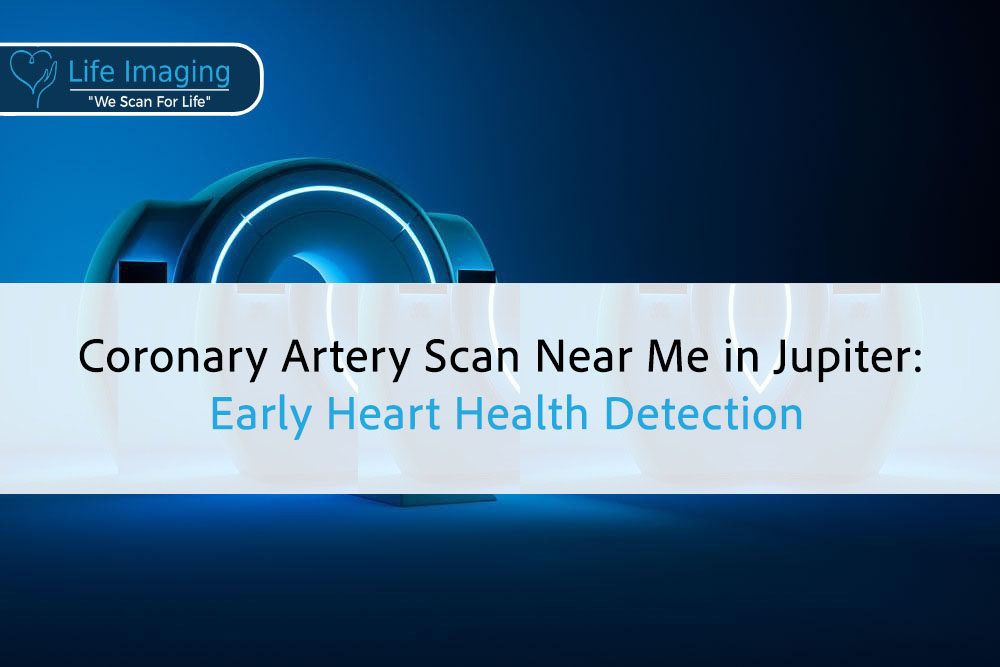
Introduction Your heart works hard every second of the day,
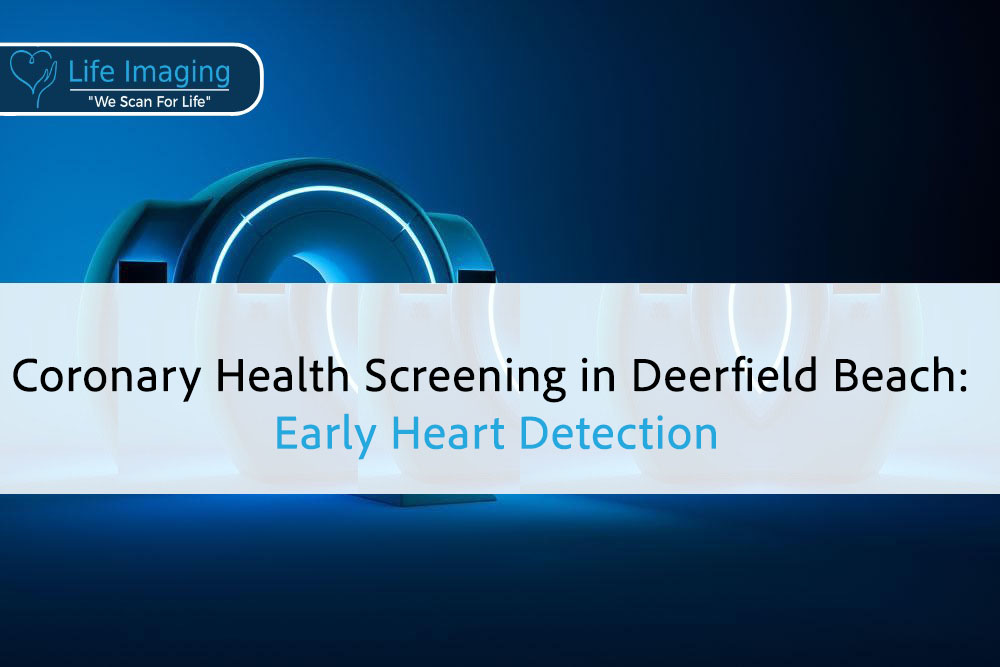
Introduction Your heart works around the clock, but changes inside
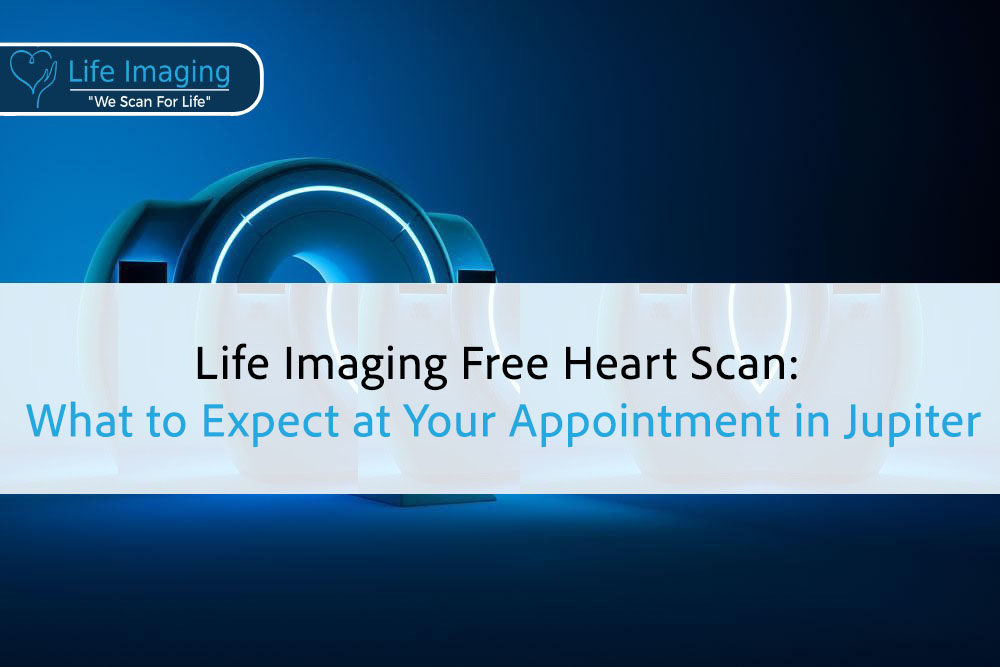
Introduction Your heart works nonstop, often without a single complaint.
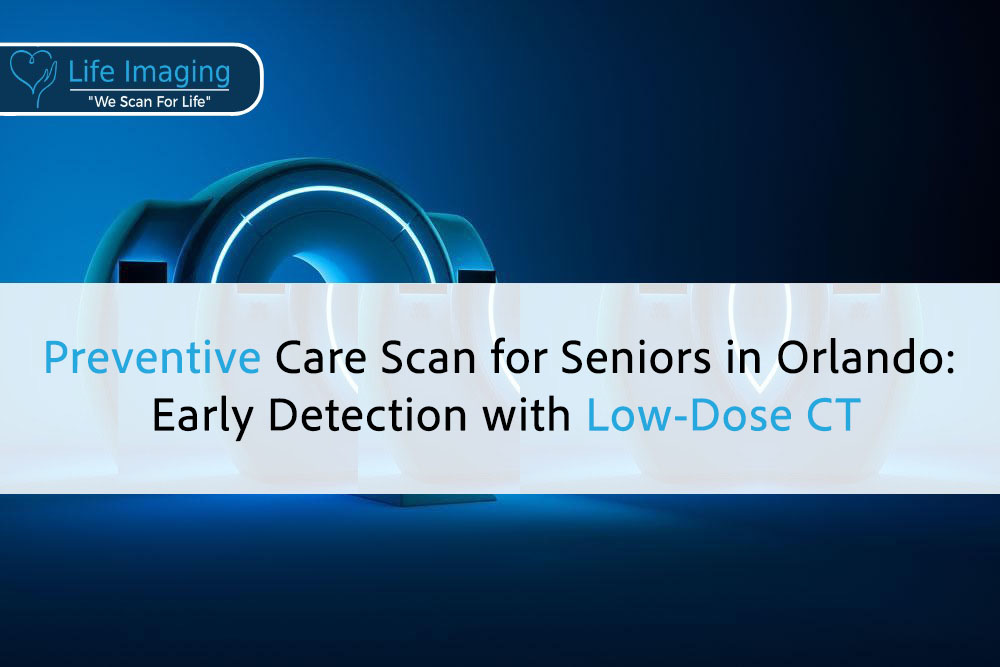
Introduction The best part of getting older is having time
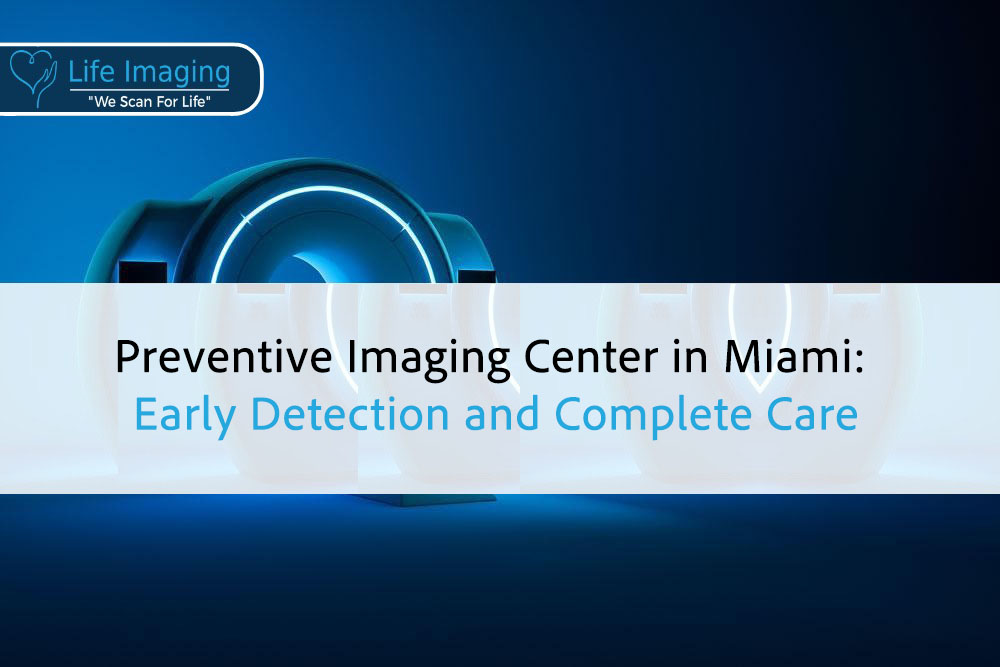
Introduction Good health isn’t just about treating problems, it’s about

* Get your free heart scan by confirming a few minimum requirements.
Our team will verify that you qualify before your scan is booked.
Copyright © 2025 Life Imaging – All Rights Reserved